Dar es Salaam Green Mission - Project 2023 - 2027
For the year 2023 - 2027 MDF plan to support Dar es Salaam local community plant about 400,000 trees, one tree cost only 1,890 Tsh equals to 0.75 US$ please subscribe to below packages so you can be part of climate action, forest and improve urban ecological morphology in Tanzania. The tree planting activity will be launched in October, 2024 and for the year 2023 November is launching of Tree Nursery at Mlalakuwa area
Project Information
Tanzania has a forest cover of 37.7% or about 33,428,000 ha of Tanzania is forested, according to FAO. Tanzania had 240,000 ha of planted forest. Change in Forest Cover: Between 1990 and 2010, Tanzania lost an average of 403,350 ha or 0.97% per year..
From 2001 to 2021, Tanzania lost 2.86Mha of tree cover, equivalent to a 11% decrease in tree cover since 2000, and 972Mt of CO₂e emissions.
The study revealed several challenges facing Tanzania in developing and implementing policies for the forestry sector: weakness in policy formulation, lack of awareness of environmental issues, low level of education, insufficient technology, and lack of innovative ideas for problem-solving.
In developing country, like Tanzania, the main driver of deforestation is shifting agriculture contribute up to 80% of the country's deforestation. Methods to clear forests for farming, such as 'slash and burn', degrade the soil, and little is done to replenish the lost nutrients.
Agriculture alone accounts for an annual deforestation rate of about 300,000 to 400,000 ha of forest and bushland (Mnzava 1988). Coast, Mbeya, Dodoma, Singida, Shinyanga, Tabora, Kigoma, and Tanga are the most affected regions in Tanzania.
Dar es Salaam city has attracted traders dealing with various products including charcoal. It is estimated that about half of Tanzania's annual consumption of charcoal amounting to approximately 500,000 tonnes per year takes place in Dar es Salaam City (World Bank 2009).
Dar es Salaam region has an area of 1,590 Km2 with a population of 7,450,000 that would like to have a suitable environment despite flash floods that have been a problem for most of the Dar es Salaam areas. Over the past decade, there has been a drastic change in climatic patterns, increased temperatures, and a 50% rise in the severity of droughts and floods. People’s standard of living has dropped substantially due to the reduced agricultural yield. Today, two-thirds of the Tanzanian population live below the poverty line, yet the population continues to grow at an average of 5.1 percent which is far higher than the national growth rate of about 3.3 percent. In fact, many families survive on one meal a day.
These conditions have been sparked off by activities like deforestation for building, charcoal, firewood and burning bricks. Dar es Salaam Green Project seeks to equip the populace, especially the youth and grassroots community, with knowledge and hands on skills on how to combat climatic changes in Tanzania.
Dar es Salaam Green Project seeks to solve the existing problem that lead to the loss of unique local urban biodiversity that can be restored by individuals who own land (Land owners/house owners) and public sectors (public spaces) that seeking to introduce the following segments during project implementation;
- Tree Planting (Involve household, roads, rivers, public and private institutions such as hospitals, schools, colleges and universities in tree planting).
- Support Improved Cook stoves (Ensure Dar es Salaam residents are aware of the crisis they are causing by using large amount of charcoal and importance of reducing the usage capacity.)
- Support City Green Space (Improve Mlalakuwa public spaces that will allow private and public sectors to be engaged in designing and allow Kinondoni Municipal Council to be involved in implementation and improvise green public spaces that population of Dar es Salaam will have free access and supporting sustainable breathing in the city.)
- Support Environmental & STREAMS Education (Support Environmental Education awareness to 150 public and private schools that will help improve and contribute to learning science through environment)
- Support Organic Agriculture Activities (Support households of Dar es Salaam improve their household capacity in producing vegetables at their home to support nutrition programs also support two schools of Dar es Salaam obtain sustainable production of vegetables and sell them to collect funds for running daily school expenses such as electricity and examination.)
Project Expected Results
- Cooling of the environment through evaporation which reduces temperatures.
- Curbing soil erosion
- Production, plantation and growth of 400,000 trees at in 150 Dar es Salaam Schools.
- Contribute to new 360.04 Ha of forest cover in Dar es Salaam region.
- Impact 150 school teachers and 24,000 students on climate change issues.
- Impact 24,000 students in banking system by creating children bank accounts.
- Development of 5 new environmental education tools and learning resources.
- Support students and teachers on the financial literacy and link them with financial institutions.
- Development of 2 Urban Organic Agriculture Sites in 2 schools for learning purposes.
- Support 150 schools become self-sustaining through plantation of fruit trees at school.
- Establish one (1) small size seed bank.
- Establish 1 green space area in Kinondoni Municipality.
- Contribute to new supply of improved cook stoves in Dar es Salaam region.
- 125 employment opportunities introduced through the project in Dar es Salaam region.
- 2 green city tourism enterprises established.
- Introduce city residents to clean and safe reusable drinking water model to reduce pollution.
- Acquisition of climate change knowledge.
- Improved waste collection and recycling programs in Dar es Salaam region.
- Improved green city innovation programs in Dar es Salaam.
- Adaptation of a tree planting culture.
Project Contribution on Sustainable Development Goals
Dar es Salaam Green Project will direct contribute towards following Sustainable Development Goals (SDG) #1 – No Poverty, #2 – Zero Hunger, #7 Affordable and Clean Energy #11 Sustainable Cities & Communities #13 – Climate Action, #15 – Life on land, #17 Partnership for the goals
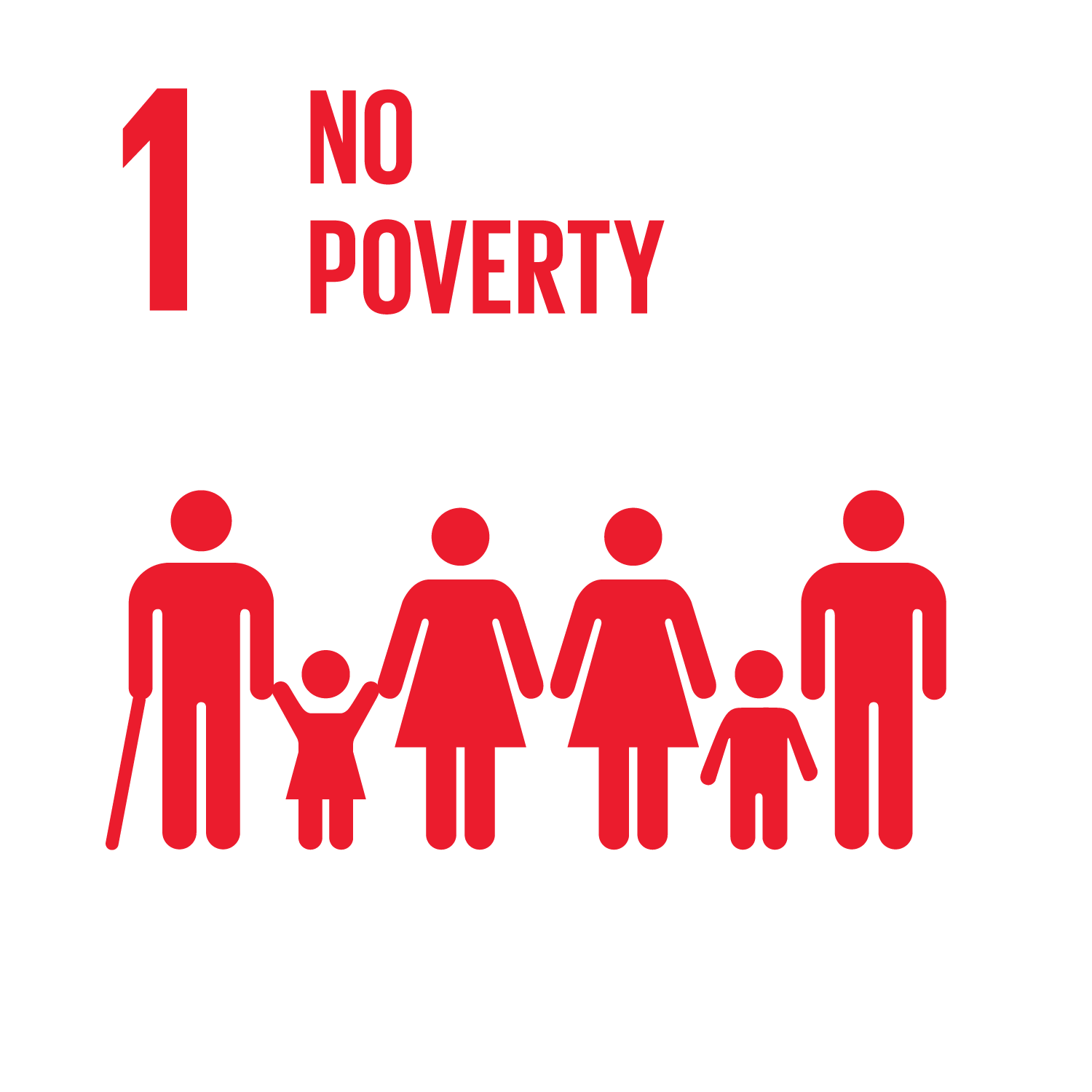
No Poverty
Project promotes eradication of poverty in its project activities that ensures community benefits from the project through community livelihood programs.
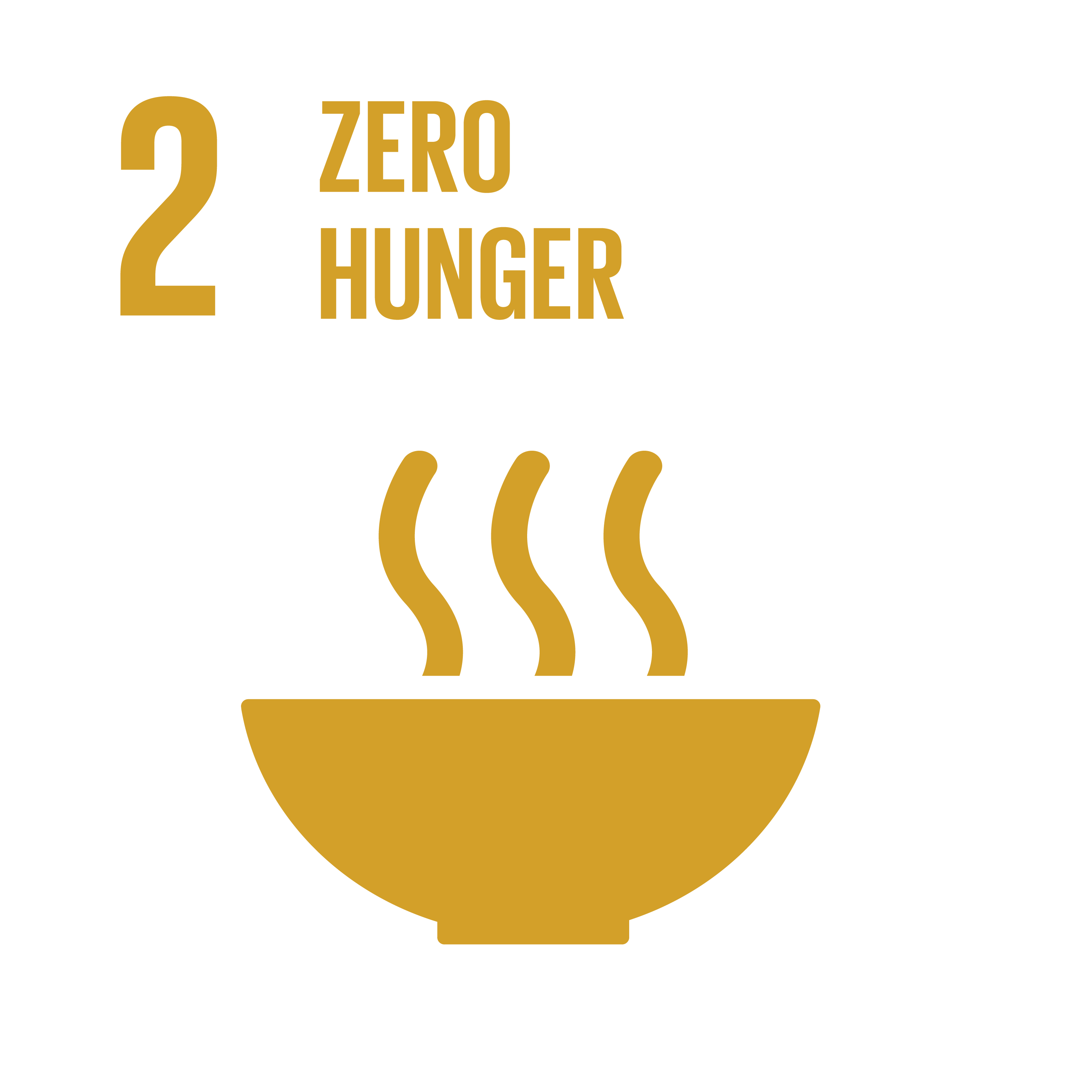
Zero Hunger
Project aims to impact Dar es Salaam community to use advised professional methodologies towards organic agriculture through household agriculture activities.
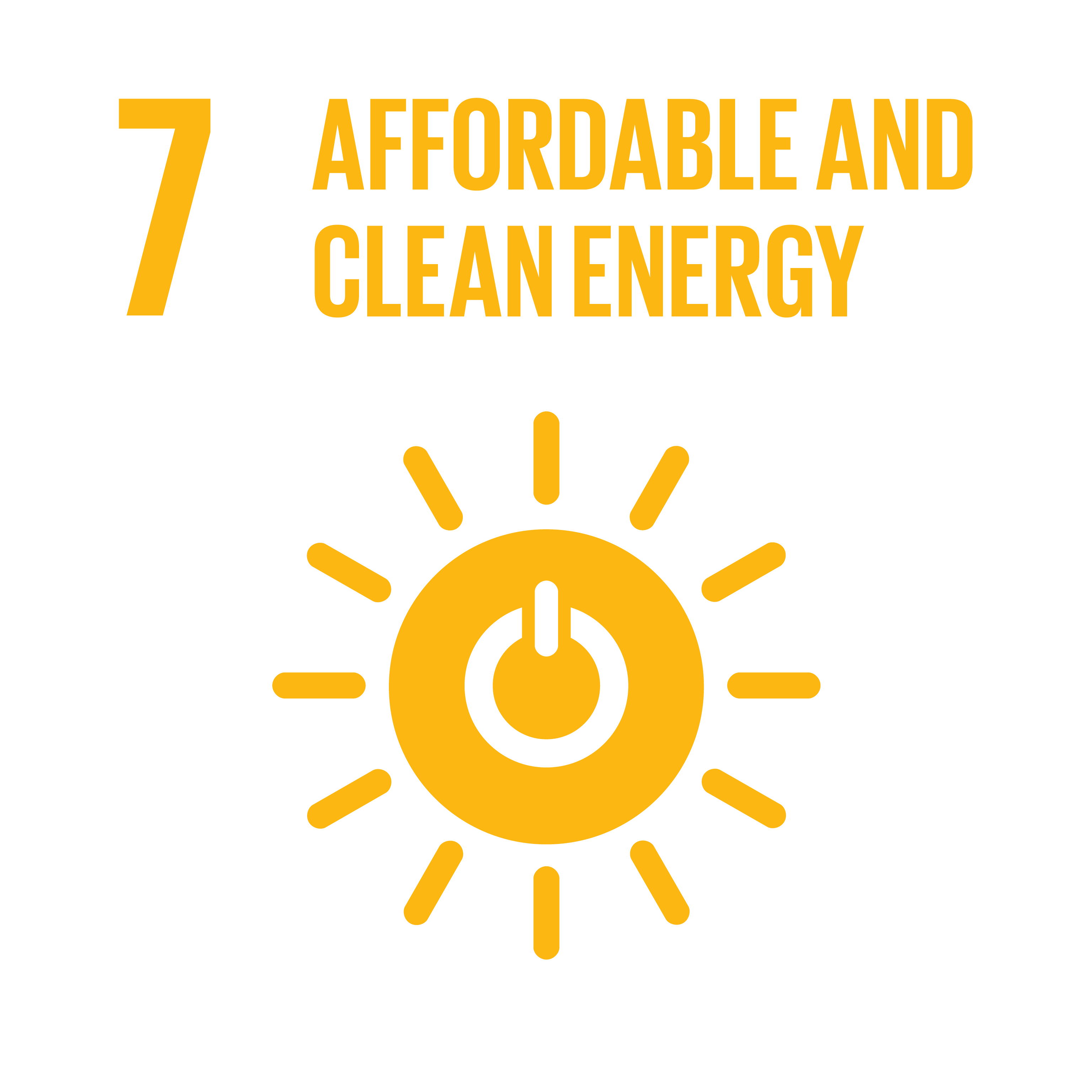
Affordable and Clean Energy
DGM will contribute to promotion of solar, affordable energy use resources and improved cook stoves inclusive other professional methodologies to clean energy.

Sustainable Cities & Communities
Project promotes economic development, social development, environmental management and effective urban governance.
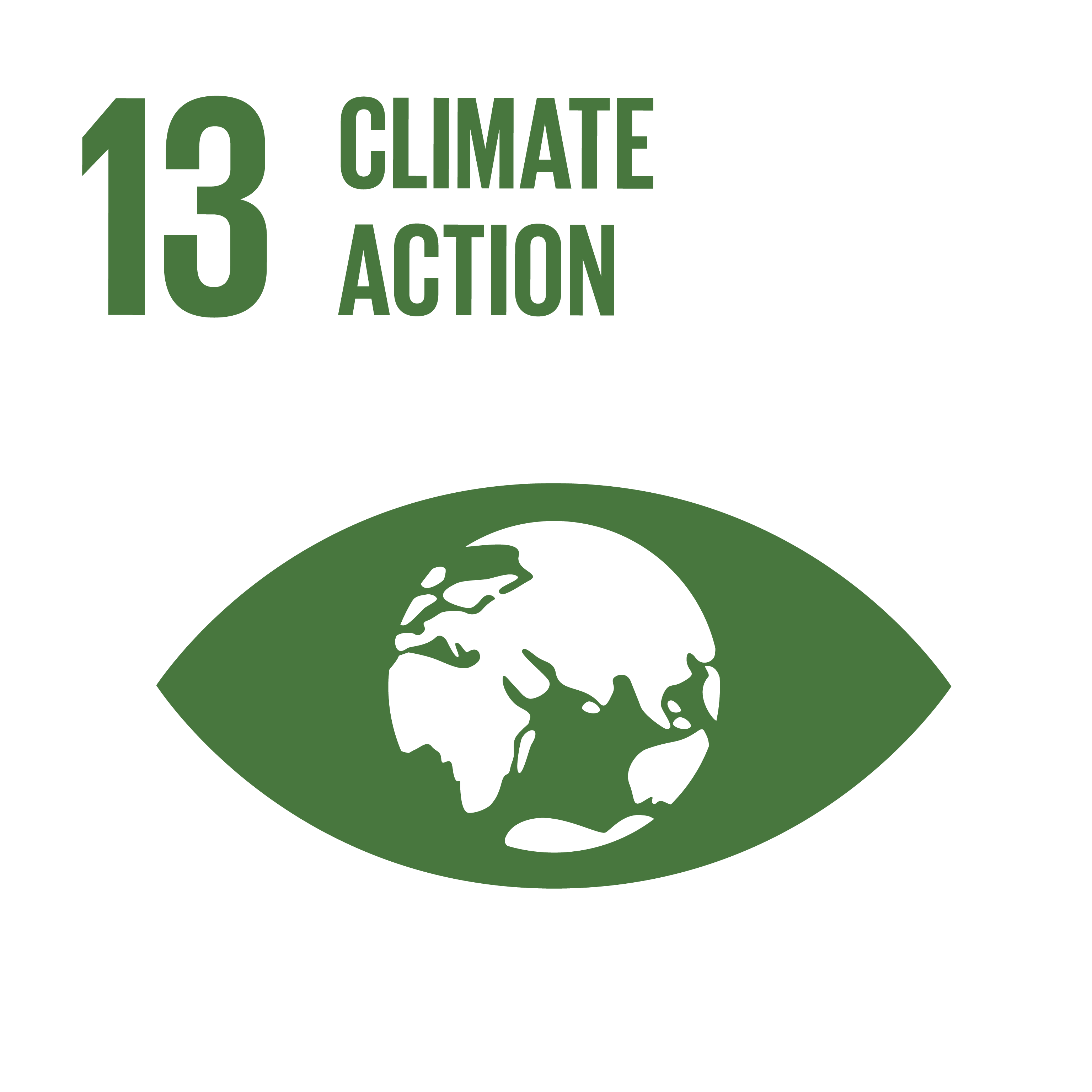
Climate Action
Project will improve education, awareness-raising and human and institutional capacity on climate change mitigation, adaptation, impact reduction and early warning.
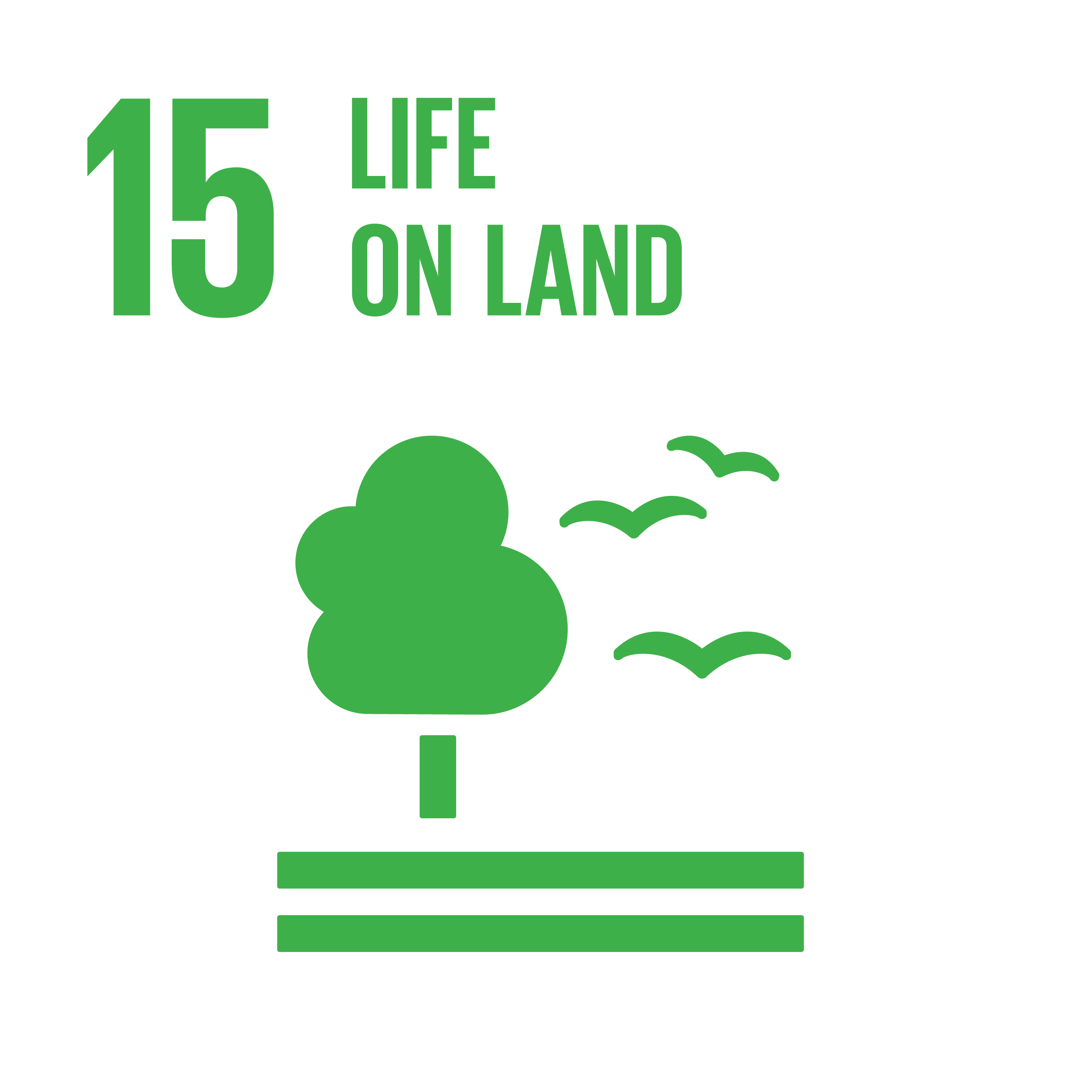
Life on Land
Project will contribute to capture of carbon, maintenance of soil quality, provision of habitat for biodiversity, maintenance of water quality, as well as regulation of water flow and erosion control.

Partnership for the goals
Project is the key to Partnership for Sustainable Development, complemented by multi-stakeholder partnerships that mobilize and share knowledge, expertise, technology and financial resources, to support the achievement of the SDG in Tanzania.
Learn More on Mikoko Youtube Channel
Project Sponsorship Packages 2023 - 2027
| Package Name | Amount in Tsh's | Donation Benefits |
|---|---|---|
| Tree Planter | 18,900,000 Tsh |
|
| School Tree Patron | 47,250,000 Tsh |
|
| Grand Tree Planter | 94,500,000 |
|
| Climate Change Actor | 283,500,000 |
|
| Impact Planting Partner | 4,201,470 |
|
| Want to support forest restoration and conservation in Tanzania? Please contact HQ - Director of Finance & Administration | With any question please Contact Community Engagement Coordinator or visit our FAQ webpage | Pledge your annual donation todayVisit Pledge Webpage |
Become A Tree Planter Hero Today
For individuals who are interested to donate from 1,890 Tsh or 0.8 US$ will help plant 1 Tree.
You will be awarded Individual Mikoko Grand Climate Actor if you contribute 4,450,000 Tsh.